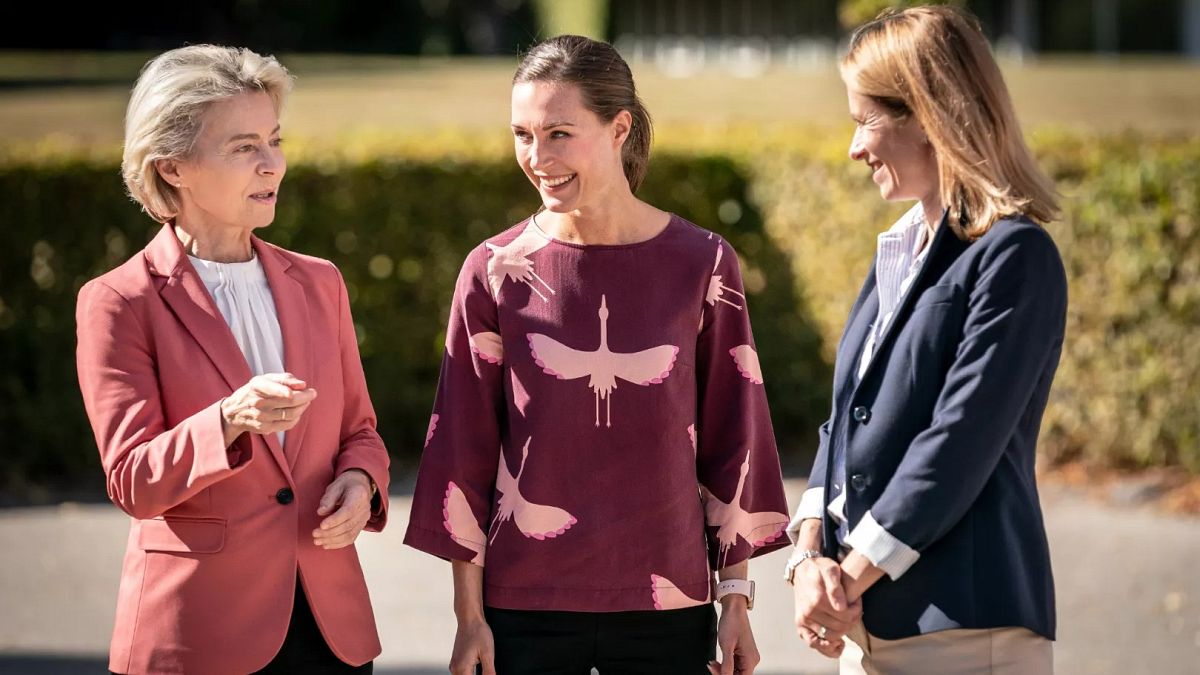

In the rapidly evolving tapestry of our global society, recent reports highlight four distinct yet interconnected areas reflecting broader social dynamics. From the digital challenges faced by female politicians to the ongoing debates about intellectual property rights in the era of Artificial Intelligence (AI), each instance underscores a complex interplay of influence, responsibility, and equity.
Online Challenges for Women in Politics
It is an unfortunate reality that women in politics, irrespective of their public prominence, encounter a disproportionate amount of hostility online. This phenomenon is not restricted by geographic boundaries but is evident across Europe. Such challenges stem from ingrained biases and societal norms that are yet to catch up with the increasing representation of women in governance. The anonymity and reach of digital platforms provide a stage where biases can manifest unrestrained, affecting the personal and professional lives of these individuals. Addressing this requires a multifaceted approach, including sound policy intervention, tech company cooperation, and societal attitudinal shifts.
Exploring Intellectual Property in the Age of AI
As the EU’s AI Act takes effect, it has sparked discussions among creative industry stakeholders regarding the protection of their copyrighted materials. While the act is a step toward regulating AI, creative groups contend that it falls short in safeguarding their intellectual property from being used without consent in AI training. This dilemma brings to light the underlying tension between technological advancement and the protection of original creative work, urging further dialogue and refinement of policies to strike an equitable balance that honors both innovation and intellectual rights.
A Call for Resolution in the Case of Agnes Wanjiru
In a separate but significant matter, the family of Agnes Wanjiru, a Kenyan woman allegedly murdered by UK soldiers, continues to seek justice. Despite promises from the UK Defence Secretary, family members express skepticism, feeling let down by what they perceive as hollow assurances. The call for resolution in such cases highlights the need for transparent and decisive action, honoring justice and providing closure for grieving families. The deep emotional and cultural ties underlying this case remind us of the shared human aspiration for justice and accountability beyond borders.
Legal Debates on Gender and Discrimination
Meanwhile, in Australia, the ongoing legal battle revolving around the Giggle for Girls app, a women-only social media space, brings gender rights and discrimination laws into sharp focus. The app’s founder, Sall Grover, is challenging a court decision that found the platform discriminatory against a transgender woman, Roxanne Tickle. The appeal underscores the broader debate about spaces designed for historical redress versus inclusivity, reflecting contemporary tensions in gender rights discussions. It prompts reflection on how legislation such as the Sex Discrimination Act can be interpreted and applied in contexts of evolving gender identities and experiences.
Together, these narratives paint a vivid picture of the challenges and considerations shaping the current global dialogue. They serve as a gentle reminder of the power of constructive discourse in navigating the myriad issues that continue to shape our collective human experience. Through understanding, empathy, and positive action, the path towards an inclusive and equitable society becomes clearer. These instances, although diverse in nature, collectively elucidate the necessity for engagement and innovation in fostering a world where equity and justice are more than ideals but lived realities.
Source: {link}
